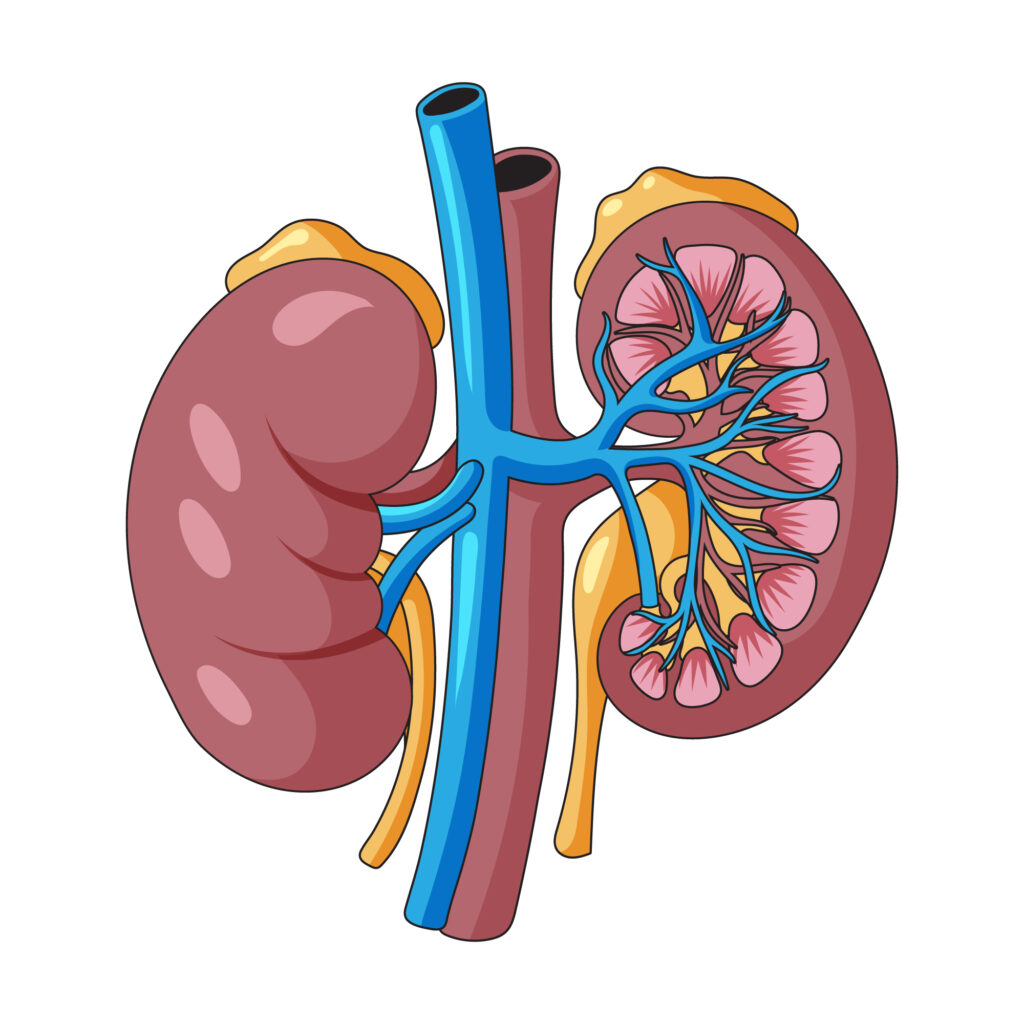Chronic Kidney Disease Treatment

Chronic Kidney Disease (CKD) is a progressive condition where kidney function declines over time, leading to the accumulation of waste products and fluid imbalance in the body. Treatment aims to slow disease progression, manage complications, and improve quality of life.
Stages of CKD
CKD is categorized into stages based on the estimated glomerular filtration rate (eGFR):
- Stage 1-2: Mild kidney damage with eGFR ≥ 60 mL/min/1.73 m².
- Stage 3: Moderate kidney damage with eGFR 30-59 mL/min/1.73 m².
- Stage 4: Severe kidney damage with eGFR 15-29 mL/min/1.73 m².
- Stage 5: End-stage kidney disease (ESKD) with eGFR < 15 mL/min/1.73 m² or on dialysis.
Treatment Approaches
Lifestyle Modifications:
- Dietary Changes: Managing protein intake, limiting salt and potassium, and monitoring phosphorus levels.
- Exercise: Regular physical activity to improve cardiovascular health and overall well-being.
- Smoking Cessation: Quitting smoking to reduce cardiovascular risk.
Medications:
- Blood Pressure Control: ACE inhibitors or ARBs to lower blood pressure and protect kidney function.
- Diabetes Management: Tight control of blood sugar levels to prevent diabetic kidney disease progression.
- Phosphate Binders: To manage high phosphate levels in advanced CKD.
- Erythropoiesis-Stimulating Agents (ESAs): To stimulate red blood cell production in anemia associated with CKD.
Management of Complications:
- Anemia: ESAs and iron supplements to manage low hemoglobin levels.
- Bone Health: Vitamin D supplements and phosphate binders to prevent bone disease (renal osteodystrophy).
- Cardiovascular Risk: Statins and aspirin therapy to reduce the risk of cardiovascular events.
Dialysis and Transplantation:
- Hemodialysis or Peritoneal Dialysis: For patients with Stage 5 CKD (ESKD) or severe complications.
- Kidney Transplantation: Preferred treatment option for eligible patients with ESKD, offering improved quality of life and survival compared to dialysis.
Patient Education and Monitoring
Dr. Tanish Dhir emphasizes the importance of:
- Regular Follow-up: Monitoring kidney function, blood pressure, and electrolyte levels to adjust treatment as needed.
- Patient Engagement: Educating patients about their condition, treatment goals, and lifestyle modifications to empower them in managing their CKD.
